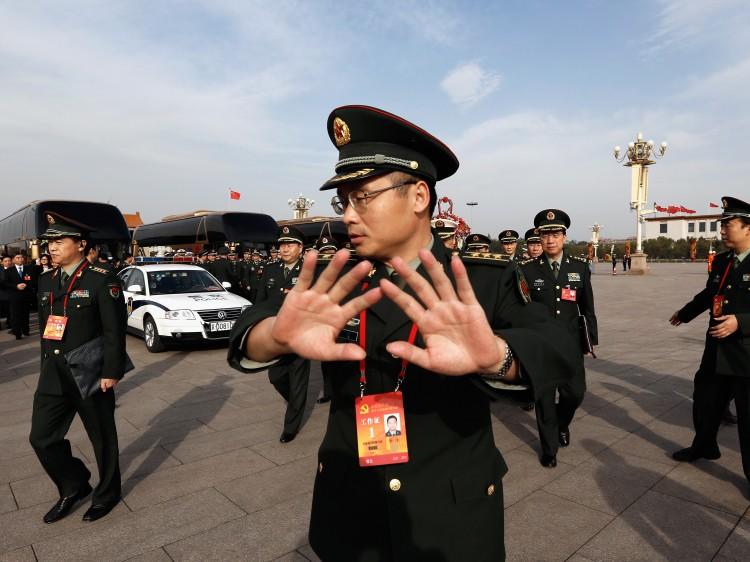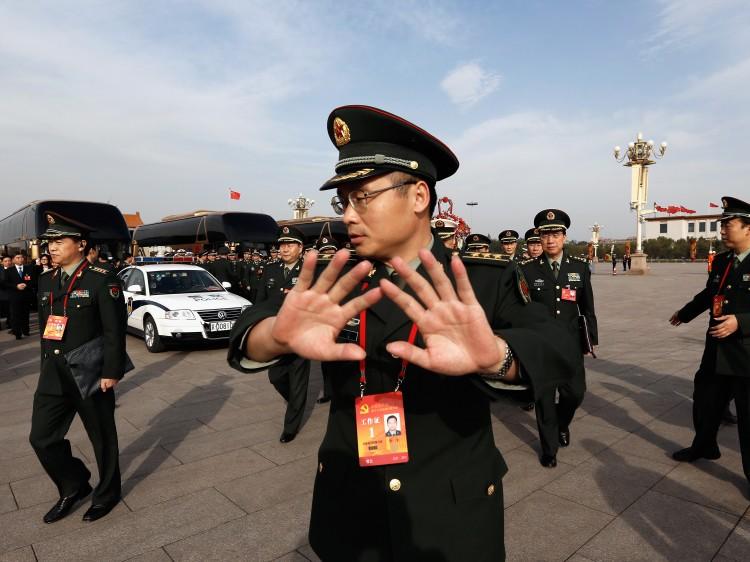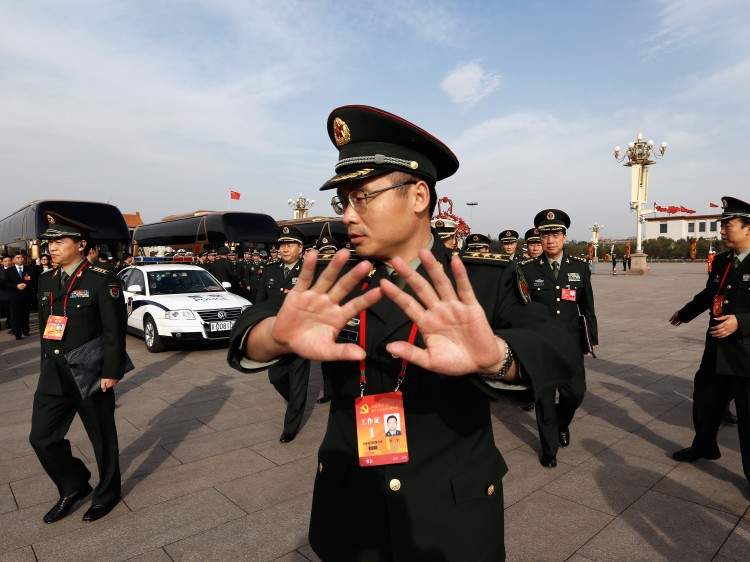The largest assembly of perhaps the largest secret society on the planet has convened in Beijing. The Chinese Communist Party calls the event its 18th National Congress, and by its conclusion it is expected that a new batch of communist cadres will be crowned to lead the regime for a decade.
The opening ceremony for the Congress will be held at 9 a.m. on Nov. 8 in the Great Hall of the People—the only Congress-related event that day. The night before a representative announced that the event would run for seven days, until Nov. 14.
By the conclusion of the conclave a new set of leaders will be unveiled to the public, supposedly having been elected during the Congress. A political work report will also be presented summing up the Party’s ruling ideology, achievements, and direction over the next five years.
In fact, the new leaders have been chosen in advance, and the work report was prepared ahead of time. No real decisions will actually be made over this following week in Beijing, according to experts.
The observance of carefully crafted ritual is essential for the Communist Party, particularly given its self-narrative since Deng Xiaoping’s reforms of institutionalization of Party leadership, according to Chen Kuide, editor of the influential Chinese website China In Perspective.







